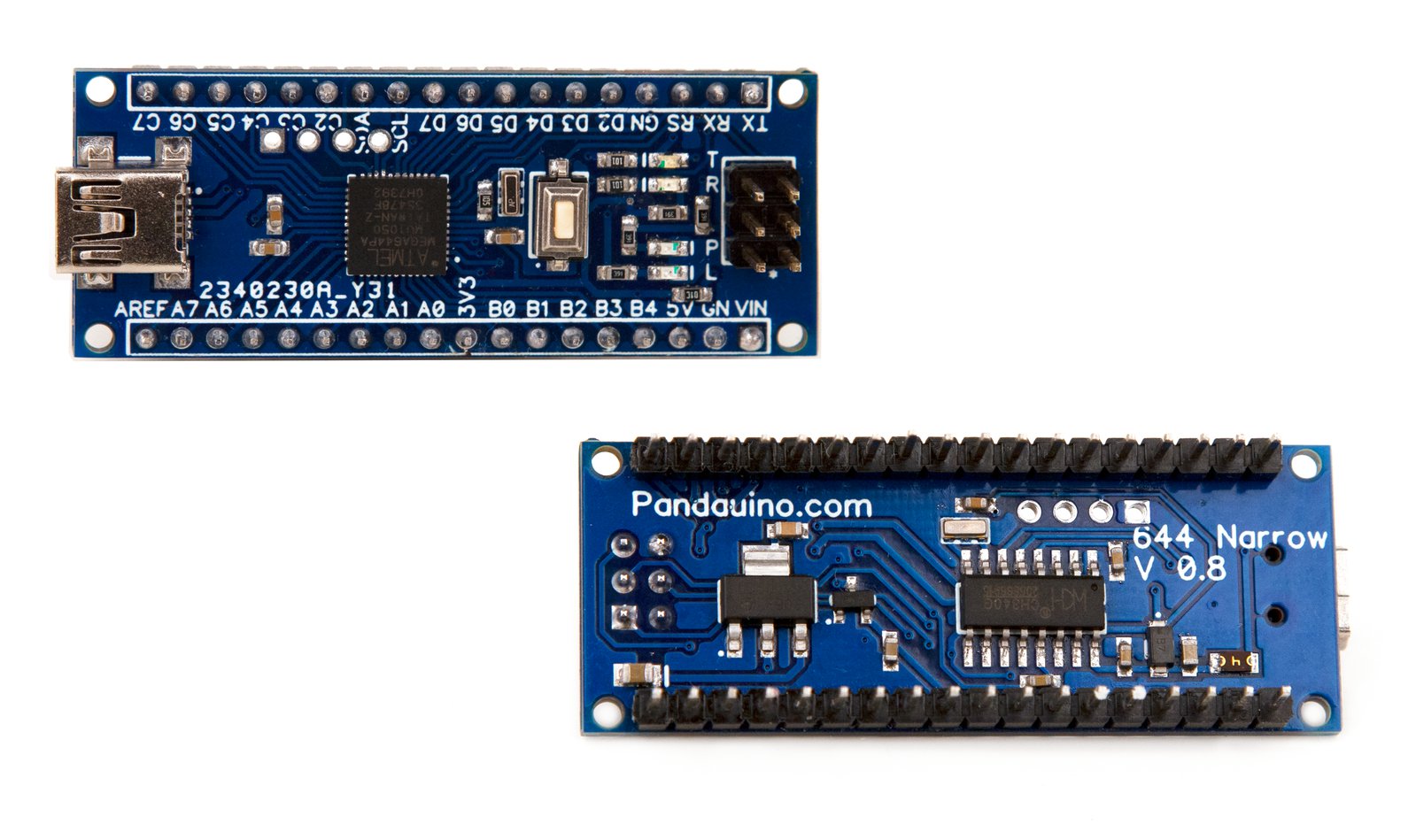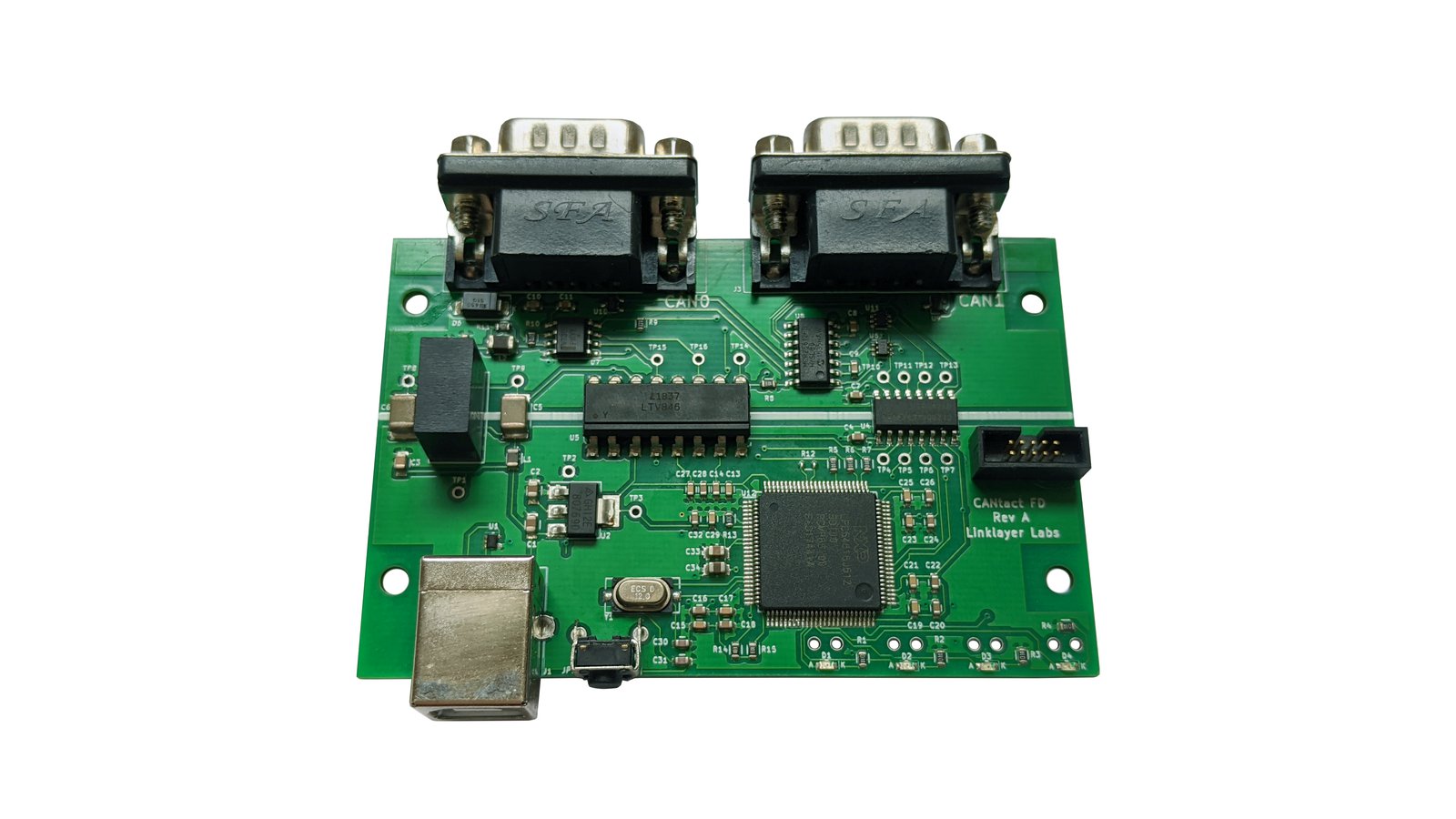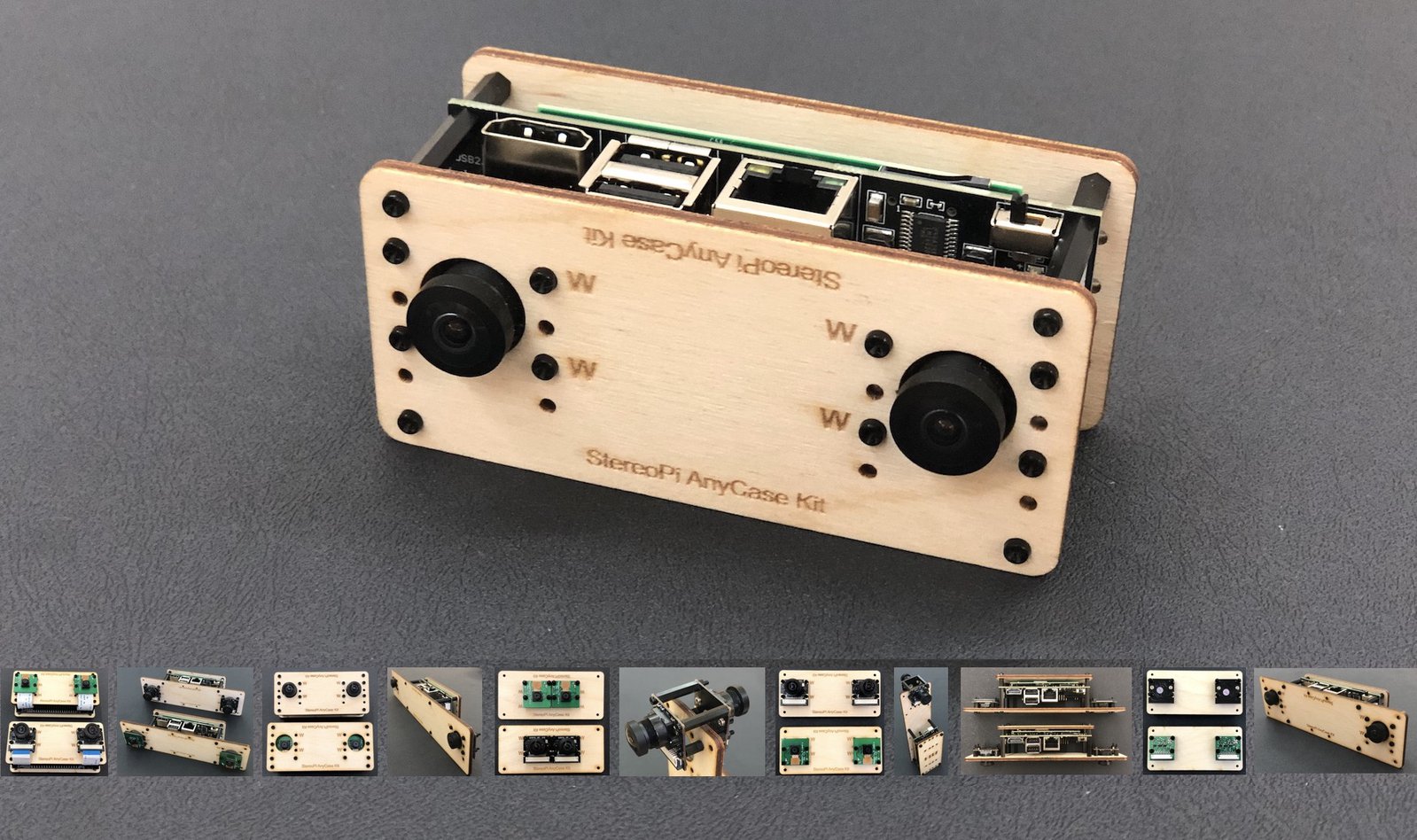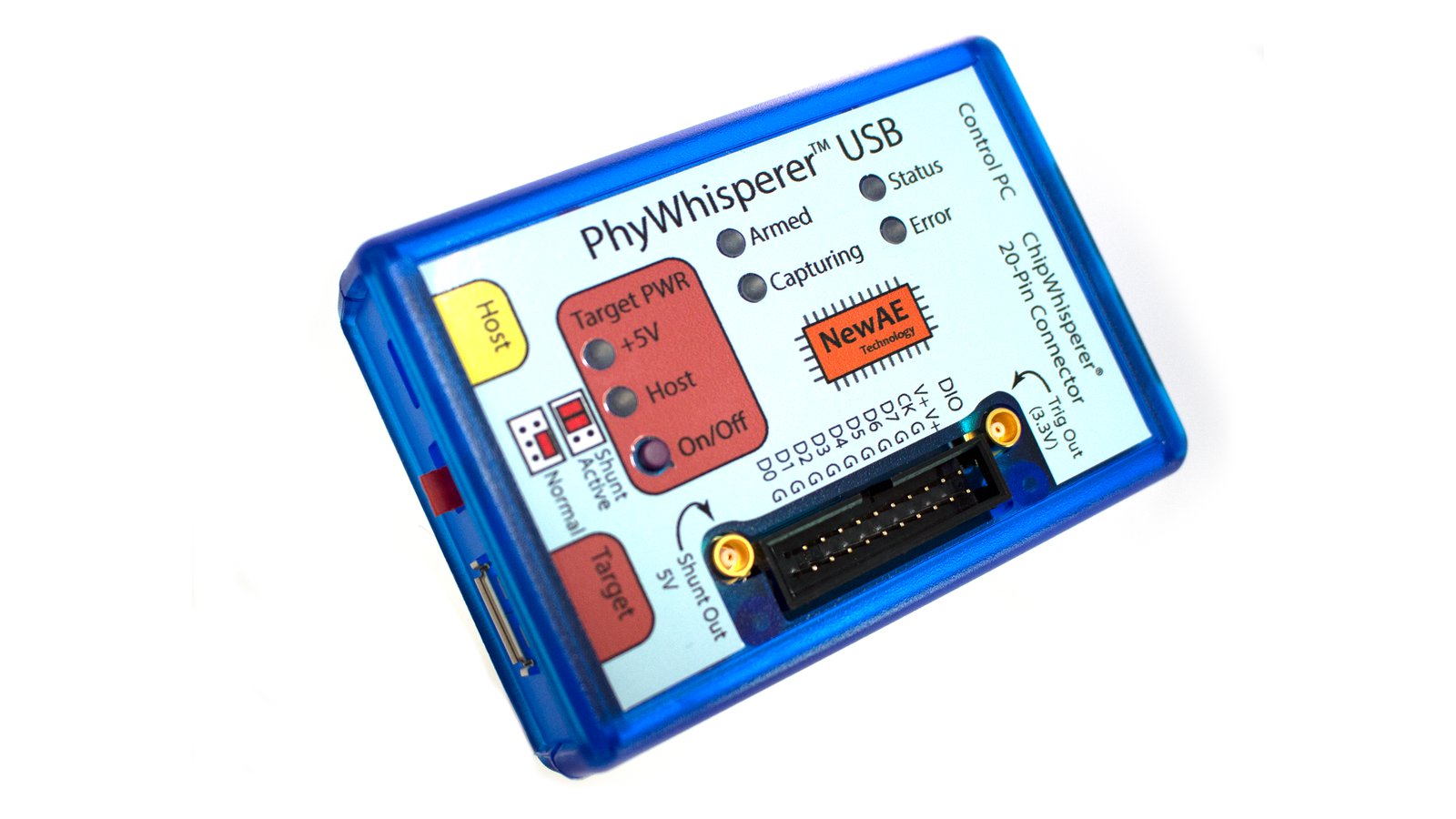Update 6 of 12
June 2020 Featured Participants
Microchip Get Launched projects have been busy! Read to learn about a tiny ATmega644/1284-based board for Arduino, a USB-CAN interface device, and a multi-purpose stereoscopic camera case.
Now Funding: 644/1284 Narrow
644 Narrow and 1284 Narrow can bring huge RAM, FLASH, and EEPROM resources, plus extra connectivity to your project, all in a small footprint. Narrow boards use both LDO Voltage Regulators and ATmega microcontrollers to achieve this goal. Support this live campaign today.
Coming Soon: CANtact Pro
CANtact Pro is an isolated, two-channel, high-speed USB to Controller Area Network (CAN) device which supports CAN, CAN-FD, and single-wire CAN. Using a Microchip CAN transceiver, CANtact Pro allows you to interact with anything that speaks CAN: This includes cars, trucks, robotics components, industrial control systems, and much more. Learn more about CANtact Pro and subscribe for a launch alert.
In Stock: StereoPi AnyCase Kit
StereoPi is a stereoscopic camera system for the Raspberry Pi that uses a LAN9513 Microchip USB Interface IC. And now, there’s a great enclosure for your StereoPi setup, in stock and ready to order. The StereoPi AnyCase Kit comes with a ton of options to fit your unique project needs. It was desiged for quick prototyping, so you can assemble your setup in just ten minutes, before you go to your 3D printer or laser cutter machine.
Assemble any case with 25, 65, 120, or 200 mm stereobase, or for 360 degree video with just a screwdriver. Learn more and order your AnyCase.
In Stock: PhyWhisperer-USB
PhyWhisperer-USB targets side-channel power analysis and fault injection in USB-connected security devices, by acting as a cycle-accurate triggering and monitoring tool. Using Microchip’s ATSAM3U1C as the high-speed USB interface to the host PC provides more flexibility than an FTDI device, since you can run code on the microcontroller for other tasks.
A Microchip USB3500 front-end provides a simple parallel interface to the Xilinx Spartan 7S15 FPGA, which allows the device to monitor USB traffic in real-time and, in the future, could even allow the PhyWhisperer-USB to transmit USB traffic (including invalid packets). Learn more and start hardware sniffing with PhyWhisperer.
Does your project showcase Microchip components? If so, you could be eligible to enter the Microchip Get Launched electronics design program! Microchip makes great electronic components and we’re looking for equally great examples of how they’re enabling new, innovative products in the real world.




